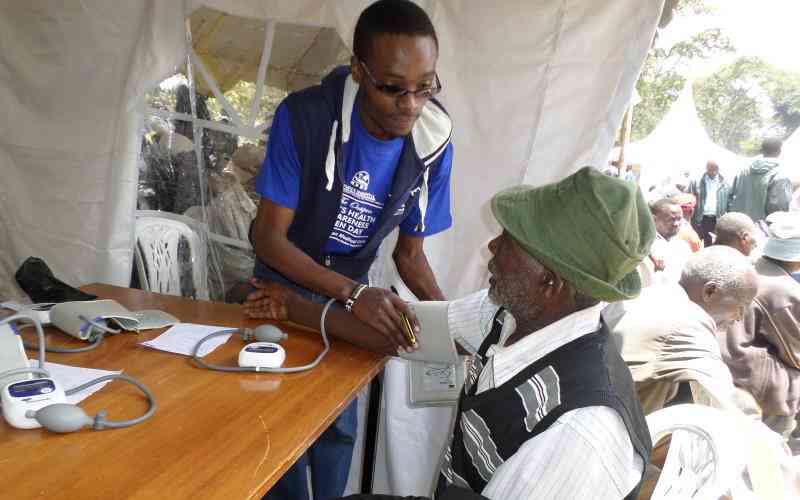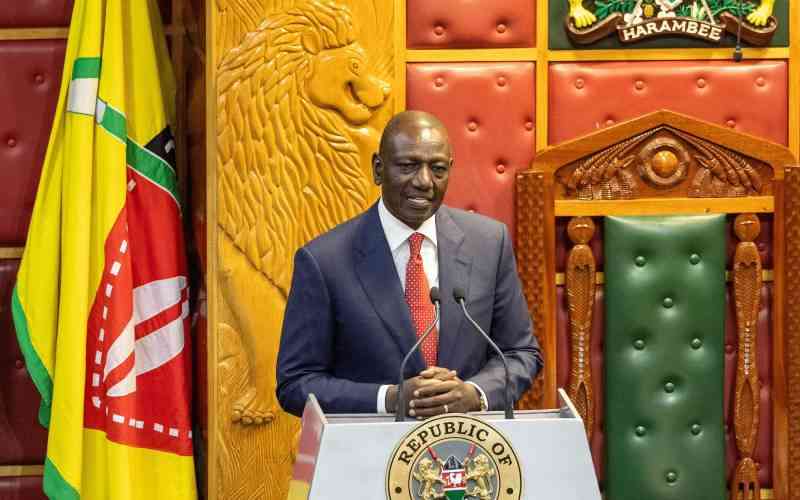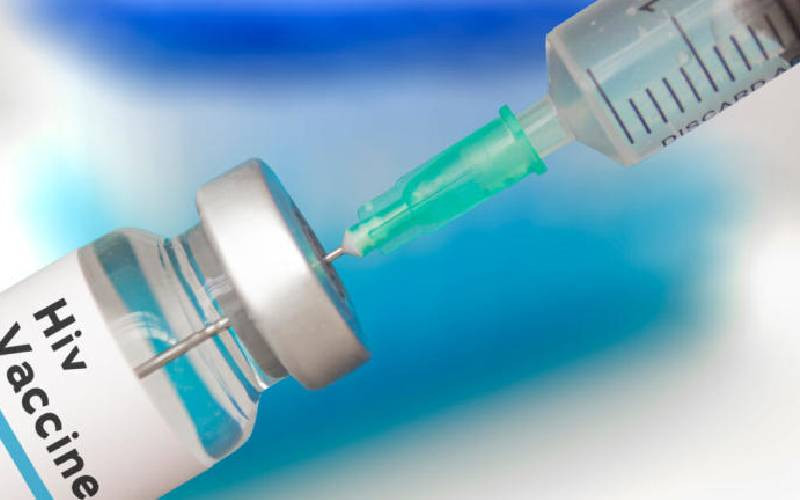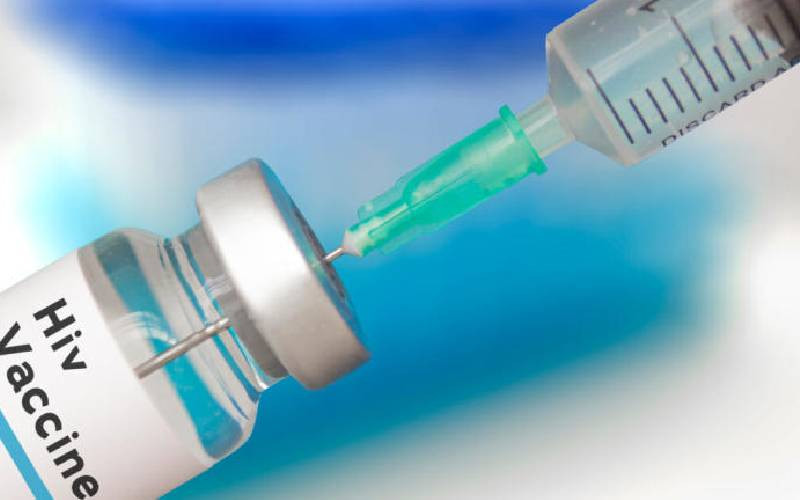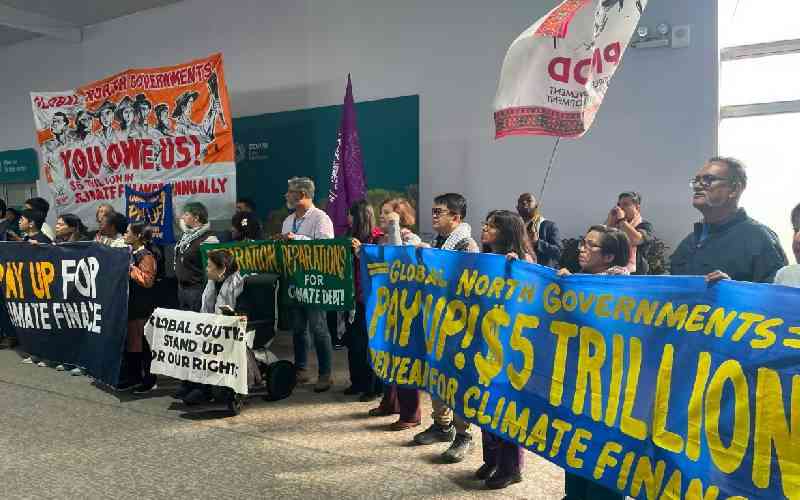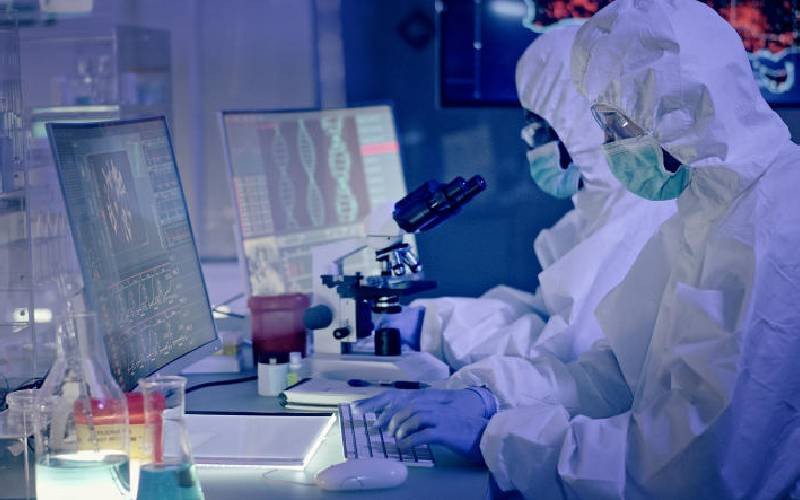
Pharmacists play an important role in the healthcare system in any society.
They are the main gatekeepers of commodities such as medicine, restricted/controlled substances, lifesaving pharmaceutical products as well as commodities and technologies that form part of the heartbeat in the practice of medicine and pharmacy.
In an ideal healthcare structure, it is assumed that the provision of healthcare services is exclusively confined to the precincts of hospitals and other healthcare facilities.
With the evolution and advancement in the technological space coupled with the recent covid-19 pandemic, the formal structure in the practice of medicine and pharmacy has also shifted to accommodate these global changes. The pharmacy counter has moved from the hospital emergency department to the community and directly to the patient.
The Covid-19 pandemic rearranged the formidable structure of the healthcare system, catapulting everyone back to the drawing board to come up with a "new structure" on how to achieve a win-win situation, at the same maintaining standards and regulations.
The Covid-19 pandemic presented a new norm, a new way of doing things, and innovative ways, especially in the supply chain and access to medicine by patients. The counter moved to the community and to the doorstep of the patient.
Another great innovation that came to full force is the use of virtual meetings to set up patient consultations, prescribe and make important decisionsremotely.
Essentially the prescription window moved from the hospital set up to the doorstep of the patient.
- Why popular Covid vaccine has been pulled off the market
- Pandemic Treaty in final stretch amidst rift between rich and poor nations
- Global health groups blast WHO draft pandemic agreement
- Children in low-income countries to benefit from 200 million vaccine doses
Keep Reading
The use of drones was previously been used basically in other non-medical fields. These drones became very handy during the Covid- 19 pandemic period, especially for emergency situations where vaccines and other life-saving commodities were delivered to patients in remote areas, considering that covid-19 pandemic came with many restrictions including ban on travel.
The future looks promising for the healthcare system now because services such as remote consultations using telemedicine and other non-physical consultations came to full force.
A situation is anticipated where doctors can perform an operation remotely using technology.
Research needs to be beefed up in order for development in the practice of medicine and pharmacy to "catch up" with the rapid growth in mainstream technologies.
Dr Winnie Bore is a health economist
 The Standard Group Plc is a multi-media organization with investments in media platforms spanning newspaper print
operations, television, radio broadcasting, digital and online services. The Standard Group is recognized as a
leading multi-media house in Kenya with a key influence in matters of national and international interest.
The Standard Group Plc is a multi-media organization with investments in media platforms spanning newspaper print
operations, television, radio broadcasting, digital and online services. The Standard Group is recognized as a
leading multi-media house in Kenya with a key influence in matters of national and international interest.


